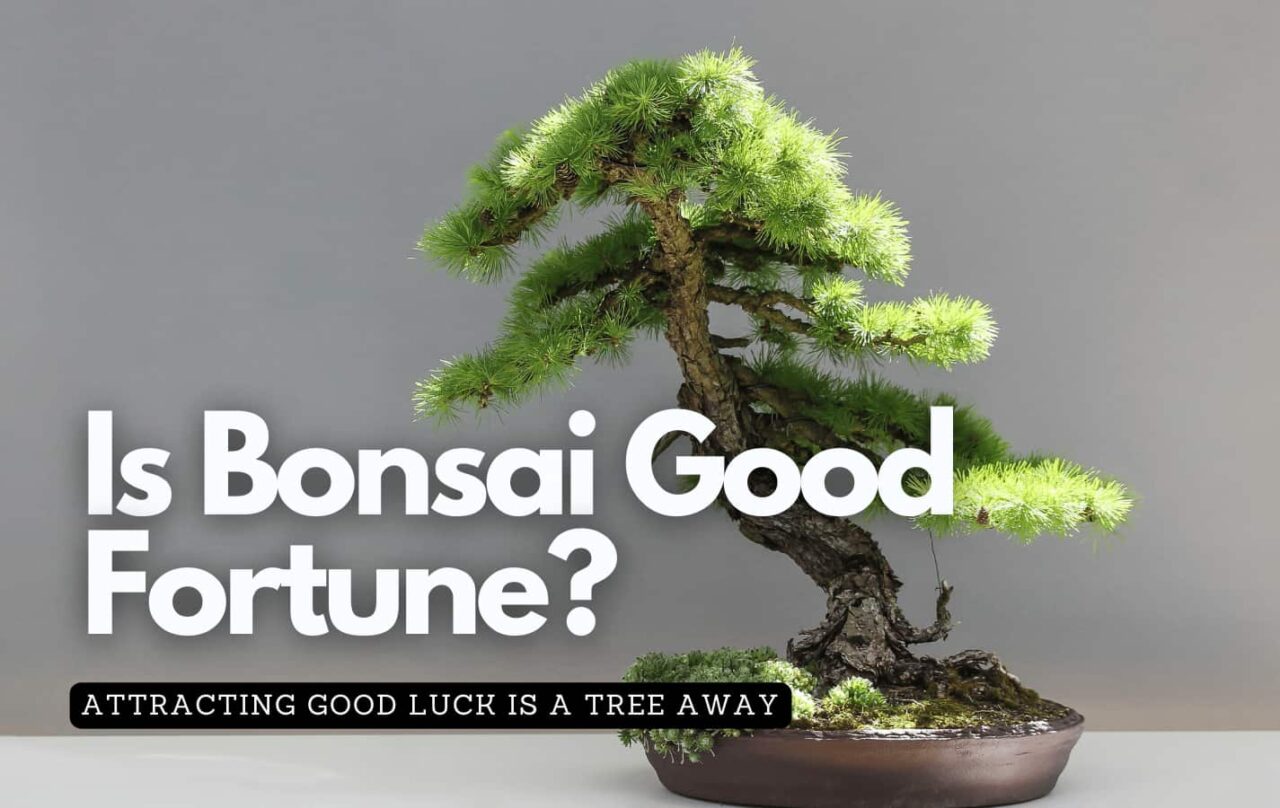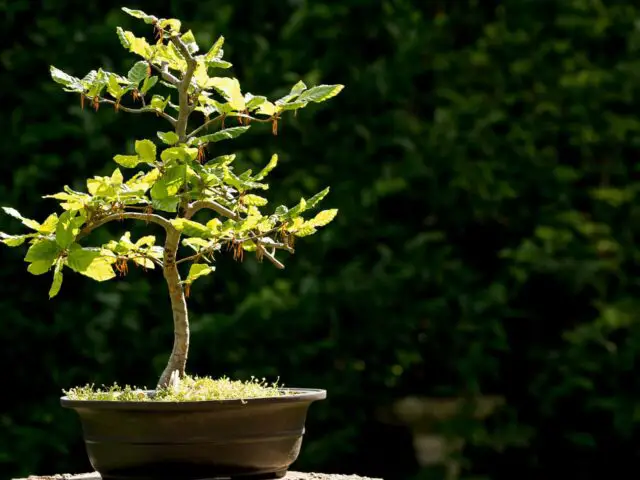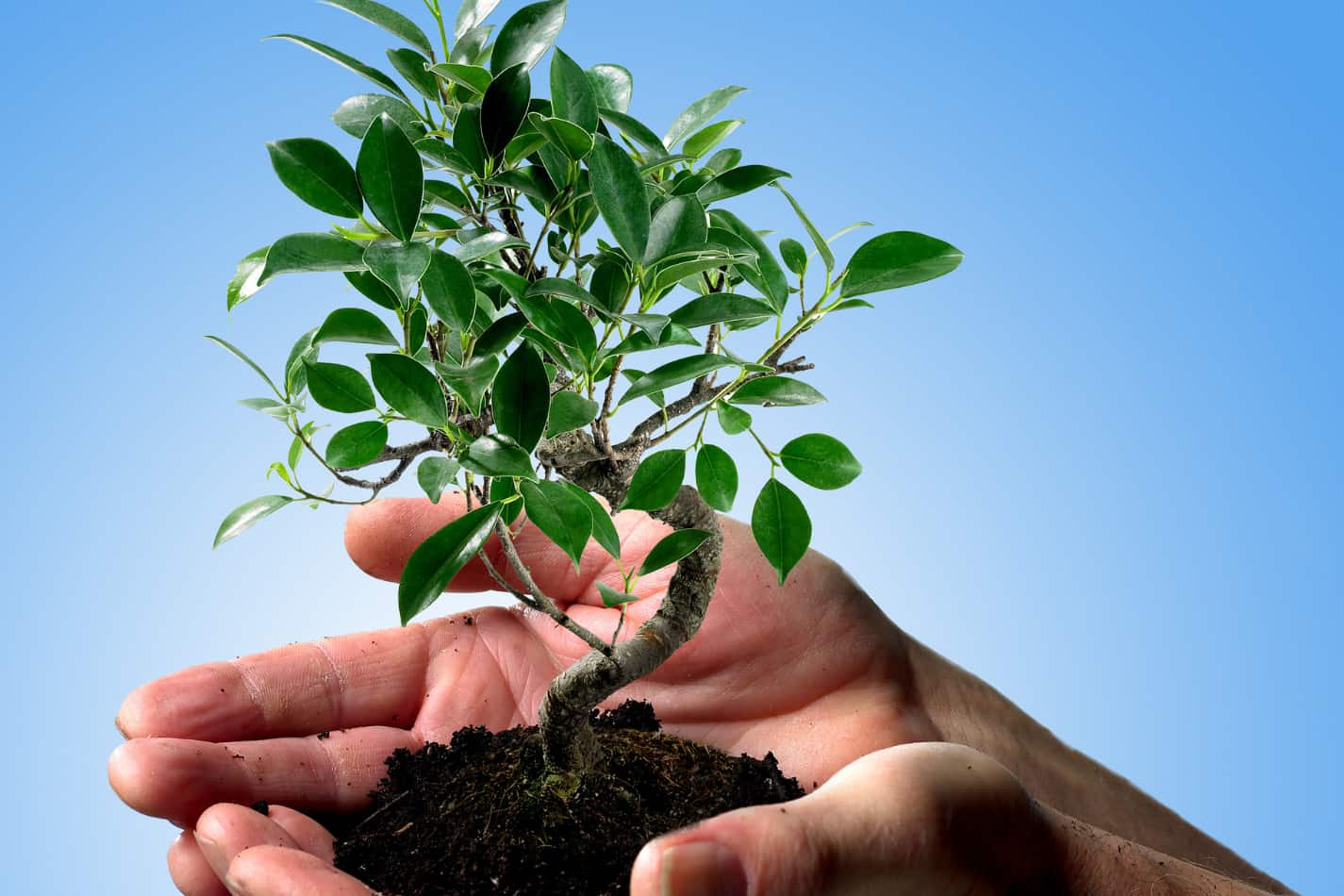Consider the ancient art of bonsai, deeply rooted in Japanese culture, where these miniature trees are more than just decorative; they’re symbols of good luck, harmony, and balance.
You’ve likely seen them adorning spaces, silently promising prosperity and peace. But how much truth lies behind this belief? Is the practice of cultivating these tiny trees really capable of influencing luck and energy in your surroundings?
As you explore the significance of bonsai in Feng Shui and the attributes assigned to different types, you might find yourself questioning whether it’s time to bring one into your own space for more than its aesthetic appeal.

Key Takeaways
- Bonsai symbolizes luck, prosperity, and harmony, aligning with Feng Shui principles for positive energy.
- Cultivating bonsai promotes patience, discipline, and inner peace, enhancing personal well-being.
- Specific bonsai species embody prosperity and good fortune, contributing to their luck-enhancing qualities.
- Strategic placement of bonsai according to Feng Shui can attract fortune and improve chi flow.
The Cultural Significance of Bonsai
Bonsai trees, deeply embedded within Japanese culture, symbolize prosperity, well-being, and the cultivation of positive energy through their meticulous care. These miniature trees, representing more than just ornamental value, embody the principles of patience, discipline, and harmony.
Cultivating bonsai isn’t merely a hobby; it’s an art form that mirrors the beauty, balance, and resilience found in nature. This practice, revered for centuries, is believed to attract good luck and positive energy, resonating deeply with the values of both Japanese and Chinese cultures.
The dedication required in bonsai care reflects a commitment to fostering a harmonious environment, aligning closely with Feng Shui rules. Such alignment isn’t coincidental; it’s a testament to the bonsai’s role in promoting an equilibrium, critical for those seeking freedom and prosperity in their lives and surroundings.
Bonsai as Symbols of Personal Growth and Resilience
In Feng Shui, the strategic placement and care of various bonsai trees can significantly amplify your space’s positive energy and balance.
Each species, from the Chinese money tree to lucky bamboo, embodies distinct symbols of prosperity and good fortune, aligning with the ancient principles of Feng Shui.
These bonsai trees bring more than aesthetic appeal; they’re considered lucky plants that foster an environment ripe for harmony and prosperity.
Properly situated and nurtured bonsai, according to Feng Shui guidelines, can enhance the flow of positive chi, thereby promoting well-being and attracting fortune.
Their influence in your space isn’t just about growth and resilience; it’s a calculated effort to channel good Feng Shui, transforming your surroundings into a magnet for good luck and positive energy.
Health Benefits of Bonsai
Caring for these miniature trees not only enhances your living space’s aesthetics but also significantly improves air quality and mental well-being.
Scientific analysis reveals that bonsai trees contribute to clean air by filtering out pollutants, thereby elevating indoor air quality. This natural purification process is crucial for maintaining optimal humidity levels, which in turn, supports respiratory health by mitigating the risk of respiratory issues.
Moreover, the presence of bonsai trees in indoor environments has been shown to foster a serene atmosphere, conducive to mental peace and stress reduction. The meticulous care these trees require also engages individuals in a mindful practice, fostering a sense of accomplishment and tranquility.
Thus, bonsai trees stand out as multifaceted contributors to both environmental health and personal well-being.
Bonsai Symbolism and Luck
Shifting focus to the symbolic dimensions, it’s notable that bonsai trees represent more than mere aesthetic enhancements; they embody good luck, prosperity, and longevity. The meticulous care these miniature trees demand mirrors the cultivation of one’s life and character, thus promoting good fortune.
Scientific analysis reveals that engaging in bonsai cultivation fosters discipline, patience, and inner peace, attracting positive energy essential for a life of freedom and success.
Moreover, bonsai trees are deeply associated with harmony, balance, and beauty, elements crucial for enhancing luck in any environment. This connection to the power of nature is believed to bring auspiciousness and happiness, making bonsai trees not only a symbol of prosperity but also a beacon of good luck.
Their presence in a space signifies a commitment to harmony and disciplined growth, underscoring their inherent luck-bringing properties.
Selecting Bonsai Varieties for Luck and Abundance
Selecting the luckiest bonsai involves analyzing specific varieties and methods to enhance their fortune-inducing properties.
You’ll find that options like the Money Tree Bonsai or the Informal Upright Jade Bonsai with Gem-Shaped Leaves not only embody prosperity but also add a distinctive aesthetic to your environment.
Incorporating an Elegant 16-Year-Old Portulacaria Afra or a Fukien Tea Tree Flowering Indoor Bonsai can further elevate your space’s auspiciousness, blending visual appeal with symbolic wealth.
Lucky Bonsai Varieties
Choosing the right bonsai variety, such as the Money Tree or Jade Plant, can significantly influence the prosperity and positive energy in your environment. According to Feng Shui principles, bonsai trees are potent symbols of good luck, attracting an abundance of positive vibrations.
Varieties like the Fukien Tea Tree and Portulacaria Afra are renowned for their associations with luck and prosperity. Scientific analysis reveals that these specific species, by virtue of their unique aesthetics and growth patterns, resonate deeply with Feng Shui’s emphasis on harmony and balance.
Additionally, the Twisty Indoor Bonsai Tree and the Flowering Fukien Tea Tree Bonsai are particularly celebrated for enhancing the flow of positive energy, thereby fostering an atmosphere of prosperity and well-being in any space they inhabit.
Enhancing Bonsai Fortune
To enhance your fortune through bonsai cultivation, it’s crucial to select varieties like the Money Tree Bonsai, known for their robust ability to attract prosperity and positive energy.
Scientifically, the appearance of vibrant green leaves and vigorous growth in a bonsai tree are indicators of its health and are associated with amplifying fortune. These plants symbolize abundance, wealth, and the flow of positive energy, serving as magnets for luck.
Opting for bonsai trees with twisted trunks or unique forms can add a layer of distinctiveness to your environment, further enhancing the fortune it brings.
Moreover, the meticulous care and patience required in bonsai cultivation are practices that, by their nature, invite good luck and enrich your space with a pervasive sense of positive energy.
Caring Techniques to Ensure a Healthy, Vigorous Bonsai
To ensure your bonsai tree thrives, mastering the art of watering is critical. You must balance moisture content with adequate drainage to avoid root rot.
Pruning not only shapes your bonsai aesthetically but also encourages a robust and healthy growth pattern by removing unnecessary branches.
Positioning your tree in a location that receives sufficient sunlight is vital for photosynthesis, impacting its overall health and development.
Watering Techniques Explained
Understanding the precise watering techniques for your bonsai tree is crucial, as both overwatering and underwatering can lead to detrimental effects on its health and growth. To ensure optimal hydration, water your bonsai when the soil feels slightly dry to the touch.
Employ a watering can with a fine rose attachment, enabling you to distribute water evenly and gently, thereby minimizing soil disturbance. It’s essential to water thoroughly until it runs out of the drainage holes, guaranteeing the soil is fully saturated. Adjust your watering frequency considering the tree species, pot size, and environmental conditions.
In dry indoor environments, a humidity tray or misting the foliage can maintain the necessary moisture levels, further supporting your bonsai’s well-being.
Pruning for Healthy Growth
After mastering the watering techniques essential for your bonsai tree’s hydration, it’s crucial to focus on regular pruning to maintain its health and aesthetic appeal.
Pruning, a vital practice for bonsai care, empowers you to shape your tree’s destiny, ensuring its branches spread in harmony and balance. This meticulous process encourages new growth, vital for the tree’s vitality, by eliminating overcrowded branches, thus preventing a chaotic tangle that could stifle its development.
Employing proper techniques, such as trimming dead or overgrown branches, significantly boosts the bonsai’s health by enhancing air circulation and sunlight exposure.
These actions, performed with precision and understanding, not only safeguard your bonsai’s well-being but also prolong its life, making regular pruning sessions a cornerstone of responsible bonsai stewardship.
Conclusion
In conclusion, integrating bonsai into your environment not only enhances aesthetic appeal but also promotes psychological well-being.
Scientifically, the meticulous care bonsai requires fosters mindfulness and patience, essential for mental health.
Moreover, their embodiment of harmony and balance, principles central to Feng Shui, suggests a potential to attract positive energy.
Therefore, selecting an appropriate bonsai and dedicating time to its maintenance could indeed contribute to a more prosperous and harmonious living space, aligning with both cultural beliefs and psychological benefits.






